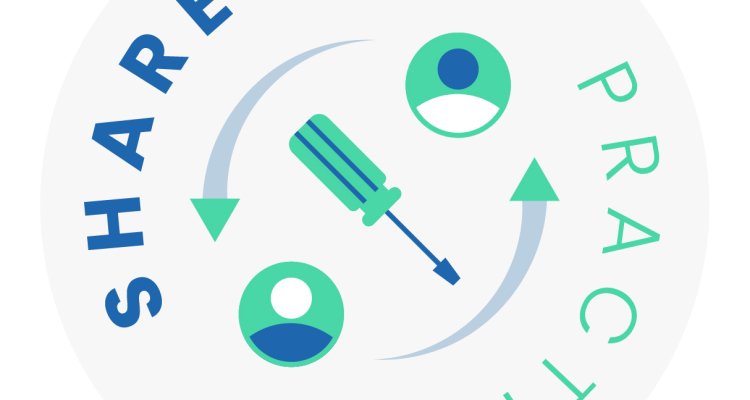
Project
ShaRepair Practices
The Dutch government aims to achieve a fully circular economy by 2050. The ShaRepair project examines how sharing and repairing everyday goods—key practices for reducing waste—are emerging and how they can be scaled up. By studying urban initiatives and involving citizens, businesses, and policymakers, it identifies factors that support or hinder these practices. Through collaboration and real-world testing, the project generates scientific and practical insights to make circular practices more accessible and widely adopted across society.
ShaRepair overview
The ShaRepair Practices Projectis a five-year research initiative funded by the NWO KIC program. It aims to transform how sharing and repairing practices become part of everyday life. As the Dutch government strives for a fully circular economy by 2050, sharing and repairing consumer goods are seen as essential pathways to reduce material consumption. However, there are still major knowledge gaps in how to make these practices mainstream. ShaRepair addresses this by exploring how shared and collaborative approaches to obtaining, maintaining, and disposing of products can be scaled across society.
Our Key Question
At the heart of the project is one critical question:What strategies and tools support the uptake, routinisation, and scaling of inclusive circular practices that reduce material consumption?
To answer this, ShaRepair combines insights from sociology, design, and material sciencesthrough a shared analytical lens of social practice theory. This interdisciplinary approach explores how daily routines, social trust, and systems of provision shape circular consumption.
Our Approach
ShaRepair brings together societal, academic, citizen, and industry actors to co-develop strategies and tools for scaling sharing and repairing practices. The project is structured into five Work Packages (WPs):
- : Investigating how urban initiatives support sharing and repairing practices.
- : Identifying social, material, and spatial factors that enable or hinder scaling.
- : Co-creating strategies, tools, and interventions to foster wider adoption.
- : Measuring the environmental impact of sharing and repairing practices.
- : Operating three that test real-world solutions in:
oWorkplace IT Repair
oUrban Repair Networks
oCommunity Sharing Practices
Our Impact
ShaRepair will deliver actionable insights to inform policy, community action, and business strategies, with relevance in the Netherlands and beyond. By focusing on systemic change, the project aims to make sharing and repairing essential elements of everyday life.